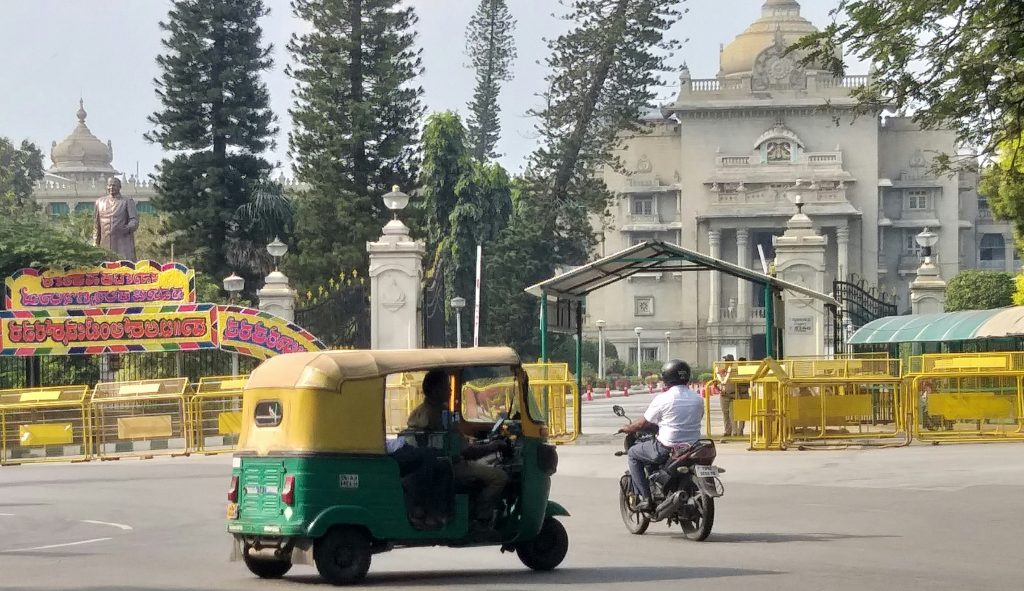
Starbucks Appoints New CEO Amid Boycott and Leadership Changes
In a significant shakeup at Starbucks, the company has announced the departure of CEO Laxman Narasimhan, who is leaving amid mounting pressure from a widespread boycott over the company’s perceived support for Israel during the ongoing conflict in Gaza. This decision marks a pivotal moment for the coffee giant, as it seeks to address the concerns of consumers and revitalize its brand.
Stepping into the role is Brian Niccol, the former CEO of Chipotle, who is expected to take charge on September 9, 2024. Niccol’s appointment comes at a time when Starbucks is grappling with declining traffic and increasing scrutiny from the public. The company has faced two consecutive quarters of reduced customer visits, prompting a need for fresh leadership and innovative strategies to attract patrons back to its stores.
The transition of leadership is not merely a change of personnel; it signifies a broader response to evolving consumer expectations and social issues. Starbucks has long positioned itself as a socially responsible corporation, but the recent backlash highlights the challenges it faces in navigating political landscapes while maintaining customer loyalty.
Under the terms of Starbucks’ executive severance plan, Narasimhan is set to receive a substantial exit package, estimated at 1.5 to 2 times his annual salary of $1.3 million, along with potential bonuses. This financial arrangement underscores the high stakes involved in corporate leadership, particularly during turbulent times.
As Brian Niccol takes the helm, he will be tasked with not only stabilizing the company but also reinvigorating employee morale. Niccol’s track record at Chipotle, where he successfully led a turnaround after a series of food safety scandals, could serve as a valuable blueprint for Starbucks as it navigates its own challenges.
Mellody Hobson has been appointed as the lead independent director, indicating a shift towards a more robust governance structure at Starbucks. Hobson’s experience and leadership will be crucial as the company seeks to implement changes and address the grievances of both employees and customers alike.
The fast-food industry is constantly evolving, and Starbucks must adapt to these changes swiftly. Niccol’s leadership will be pivotal in redefining Starbucks’ brand image and reconnecting with its customer base, particularly amid calls for more transparency and accountability in corporate practices.
As Starbucks embarks on this new chapter, the company faces the challenge of restoring trust and loyalty among its customers. The success of Niccol’s leadership will depend on his ability to listen to both employees and consumers, fostering an environment where feedback is valued and acted upon.
In conclusion, the ousting of Laxman Narasimhan and the appointment of Brian Niccol marks a significant turning point for Starbucks. As the company navigates these challenges, it will be crucial for Niccol to implement innovative strategies that not only address the current boycott but also position Starbucks for long-term success in a competitive market. The road ahead may be fraught with challenges, but with the right leadership and a commitment to change, Starbucks has the potential to emerge stronger than ever.
Tags: boycott, CEO transition, Leadership Change, Starbucks, Starbucks CEO

相關頭條